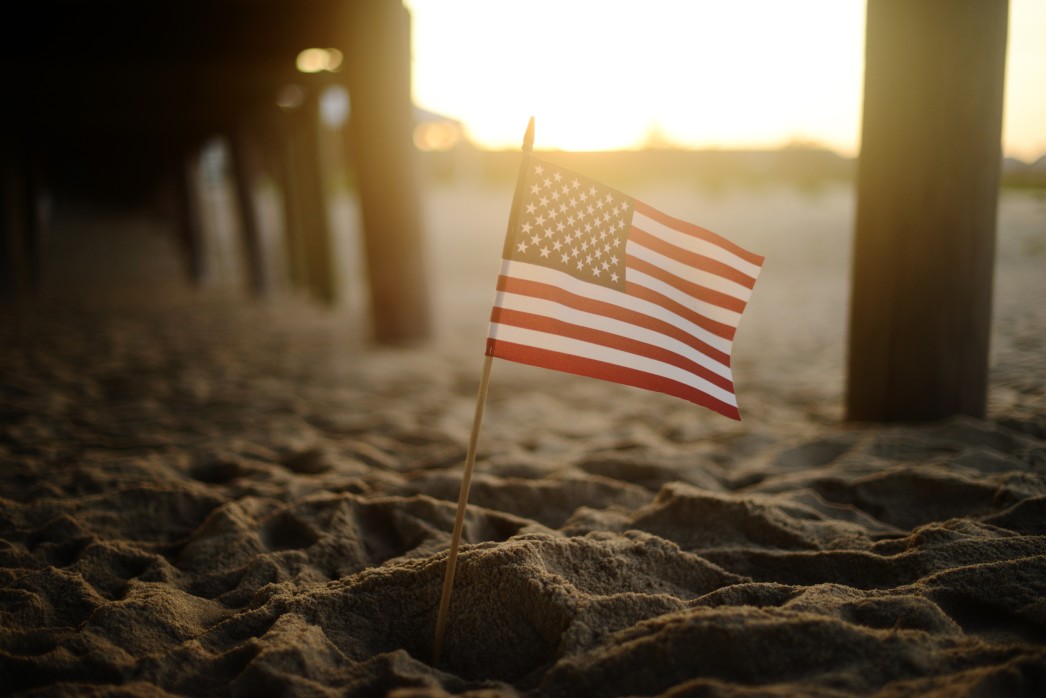Why do self-identified conservatives call for reform, just as much as “liberals”? Shouldn’t the supporters of free markets, strong families, and a robust national defense be happy with the status quo, rather than trying to change it?
Today marks the 800th anniversary of the Magna Carta, a huge historical step in the limiting of government power. English nobles forced King John to give up a great deal of his power—in taxes and administration—setting the stage for an advance of freedom which continues to this day.
The ideas which “conservatives” promote in America have long been considered “liberal” in old Europe. “Classical liberalism” describes the free market theories of Adam Smith and the robust civil society favored by Alexis de Tocqueville. Far from being mere established elites in favor of the status quo, American conservatives favor the way of the future—a bold, free ideology which unleashes human flourishing.
These radical reform ideas have led America on a path toward freedom and prosperity. While they are still far from their full realization, they trace back to ancient Hebrew and Greek civilization.
The Jews, enslaved in Egypt and exiled in Babylon, pioneered the radical idea of religious and social pluralism. In the ancient kingdoms of Sumer, Akkad, Egypt, Babylon, Elam, Assyria, and many others, one man combined religious and political authority, stifling any competitors. The gods of defeated nations were repressed and forgotten, occasionally assimilated into the ruling state, but always under the conquering king.
Israelites living in Babylon, however, continued to worship their God. In the book of Daniel, scripture records the victories of Daniel, Shadrach, Meshach, and Abednego as they pioneered the very idea of religious freedom. God-kings can throw you into a lion’s den or a fiery furnace, but they cannot force you to abandon your faith.
The ancient Greek city states envisioned a different kind of freedom—the equality of citizens. Amid the universal institutions of slavery and the repression of women, cities like Athens and Thebes developed a system of government where many people directed the affairs of the state. No longer would one man dictate the law—the free citizens who volunteered to fight and die for their cities would also choose among themselves how they were to live.
From these two roots developed a powerful synthesis. Religious freedom and self-rule would find champions throughout the Medieval and early modern periods, leading to the American experiment.
[pq]These ideas of freedom, were radical and revolutionary in their day.[/pq]
As Christianity spread throughout Europe, the letter to Philemon led masters to develop new relationships with their slaves. Paul’s emphatic statement that “in Christ there is neither Jew nor Greek, neither slave nor free, neither male nor female, but you are all one in Christ Jesus” helped contribute to the idea of universal human rights—under a Christian system.
Christian scholastics in the first universities teased out the meanings of Jesus’ teaching on government: “give unto Caesar what is Caesar’s and unto God what is God’s.” A few teachers in the Spanish School of Salamanca attacked their own kings for abusing the Native Americans across the sea, and gave birth to the modern study of international law.
Medieval monks ran huge estates, reinvesting money from tithes and other gifts to develop new agricultural techniques and even lent money at interest. Later, merchants in free cities like Venice, Milan, and Florence expanded on this process even further, laying the foundations for modern banking.
Adam Smith articulated the idea that minimal government intrusion into free markets will contribute to prosperity. Famously, he argued that the “invisible hand” of the market—the fact that people will pay other people for goods and services they need or want—distributes wealth far better than a bureaucratic state.
While slavery was universal in ancient civilizations (and far too ubiquitous even today), Christians in Britain and America began to oppose it on moral and religious grounds. Due to the heroic efforts of William Wilberforce and others, the slave trade was outlawed in the British Empire and the United States in March 1807.
These ideas of freedom, largely taken for granted in modern America, were radical and revolutionary in their day. At each step in the fight for liberty, large interests fought back hard. Even in America, it took a Civil War for the rights of the people to be extended to all races, and a long political struggle for women to receive the right to vote.
Free enterprise unleashed a new era of human prosperity—from the advent of transcontinental rail travel to the first days of the automobile and the airplane, to today’s laptops, tablets, and smart phones. In each case, inventors who sold their goods in a free market discovered new ways of improving the human condition. The Wright Brothers developed the first airplane independent of government aid, while at the same time Samuel Langley crashed two federally-funded designs into the water.
Even today, free markets and limited government are attacked as somehow harmful to the poor, even though it is the poorest among us who arguably receive the most notable benefit due to these new innovations. While the rich may end up with more money, the poor experience rapidly rising living standards as producers in free markets strive to meet everyone’s needs.
The new concepts and expressions of freedom have unleashed human invention—propelling us into an information age inconceivable to our ancestors. Nevertheless, lovers of liberty still have reforms to make to further unleash our creative potential. If entrepreneurs bring us smartphones and tablets while government is fairly large today, how much more will we create in a future era of even more freedom?



